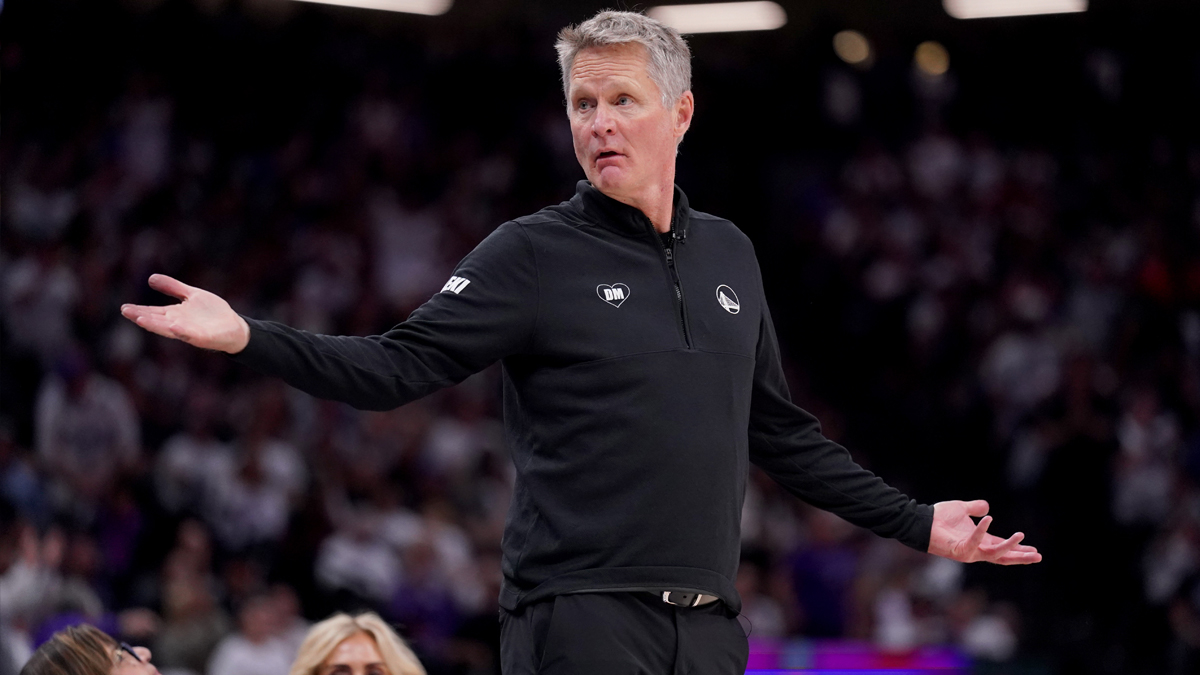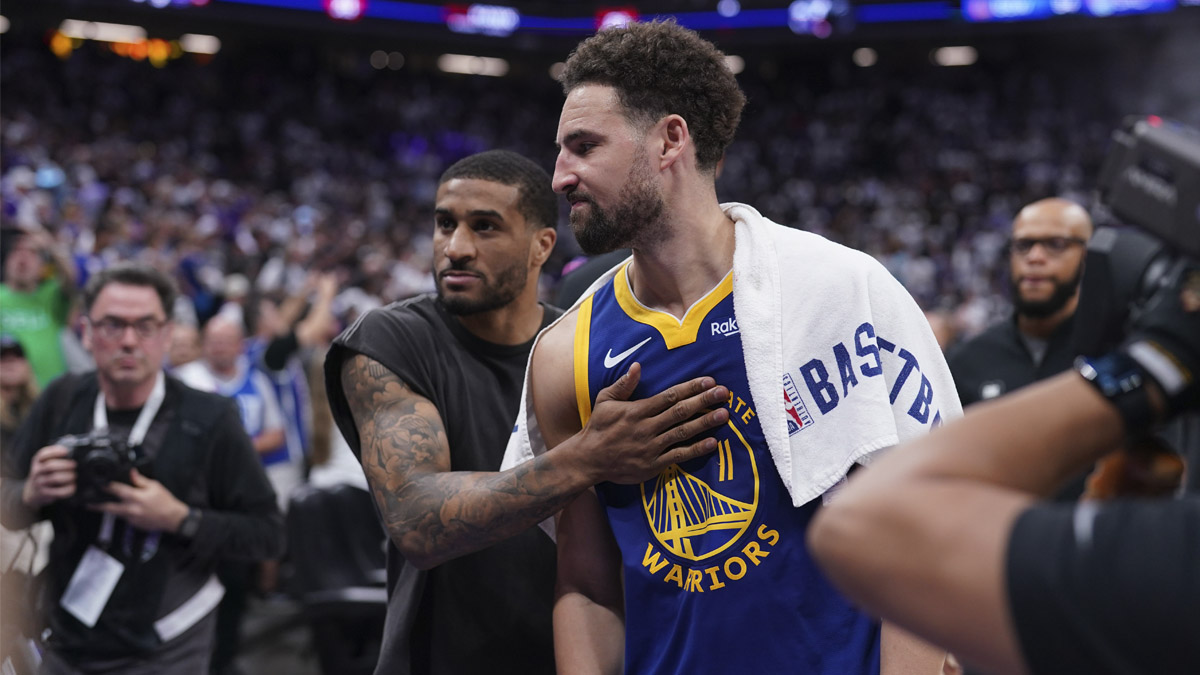Willie McCovey, the Hall of Fame first baseman and the first universally popular San Francisco Giant, died at age 80 on Wednesday at Stanford Hospital after a long history of health issues.
McCovey, who had been hospitalized one week ago after developing an infection, was the first best original San Francisco Giant, and as such won the hearts and minds of the city and its surroundings even before Willie Mays, whose greatness already had been exhibited in New York.
His long, looping left-handed swing helped tame the vicious Candlestick Park winds even in the days when there was a clear path for the wind from the Bay to home plate, though his most famous hit might have been the scorching line-drive out to Bobby Richardson to end Game 7 of the 1962 World Series, which the New York Yankees won.
More enduring, though, was his general demeanor as a player and after, which allowed the Giants to name the team's most prestigious player award after him, and to declare the body of water behind right field at AT&T Park "McCovey Cove" -- as fitting a way to remember him as any, given that geography endures long after mere men.
McCovey played 22 years, including 2½ in San Diego (where the brown-and-gold uniform did not suit him) and 11 games in Oakland (where the green and gold flattered him no more), and such was his popularity that the Giants retained his services for four final seasons before he retired in 1980 at age 42, with 521 career homers, one Most Valuable Player trophy (in 1969) and a Hall of Fame plaque (1986, as the top vote-getter in his first year of eligibility).
McCovey filled the historical void for fans that Mays left when he was traded in 1973, and when Mays returned at the behest of new general manager Al Rosen and owner Bob Lurie in 1986, and became a full-time ambassador in 1993.
But if Mays was the head for fans, McCovey was the heart. He attended hundreds of games after his retirement, which often was made challenging because of repeated knee operations and other health issues that confined him to a motorized wheelchair for the last two decades of his life. He was immediately recognizable and much beloved, both as the man who batted behind Mays in the Giants' first renaissance in the 1960s and carried on not only as one of the game's most dynamic first basemen but as one of the franchise's most beloved players.
Sports
He was last seen by the public at the annual bestowal of the Willie Mac Award at the end of September, when he presented the award to Giants reliever Will Smith. The award, which players vote upon, was considered the most prestigious non-national award a Giant could receive. He was, in short, the quintessential San Francisco Giant in a prideful provincial city that needed time to warm up to Mays only because he began as New York's.
There were no memorial arrangements announced at the time of publication.
He is survived by his wife, Estela, and a daughter, Allison, from his first marriage, and her children, Raven, Philip and Melissa.



